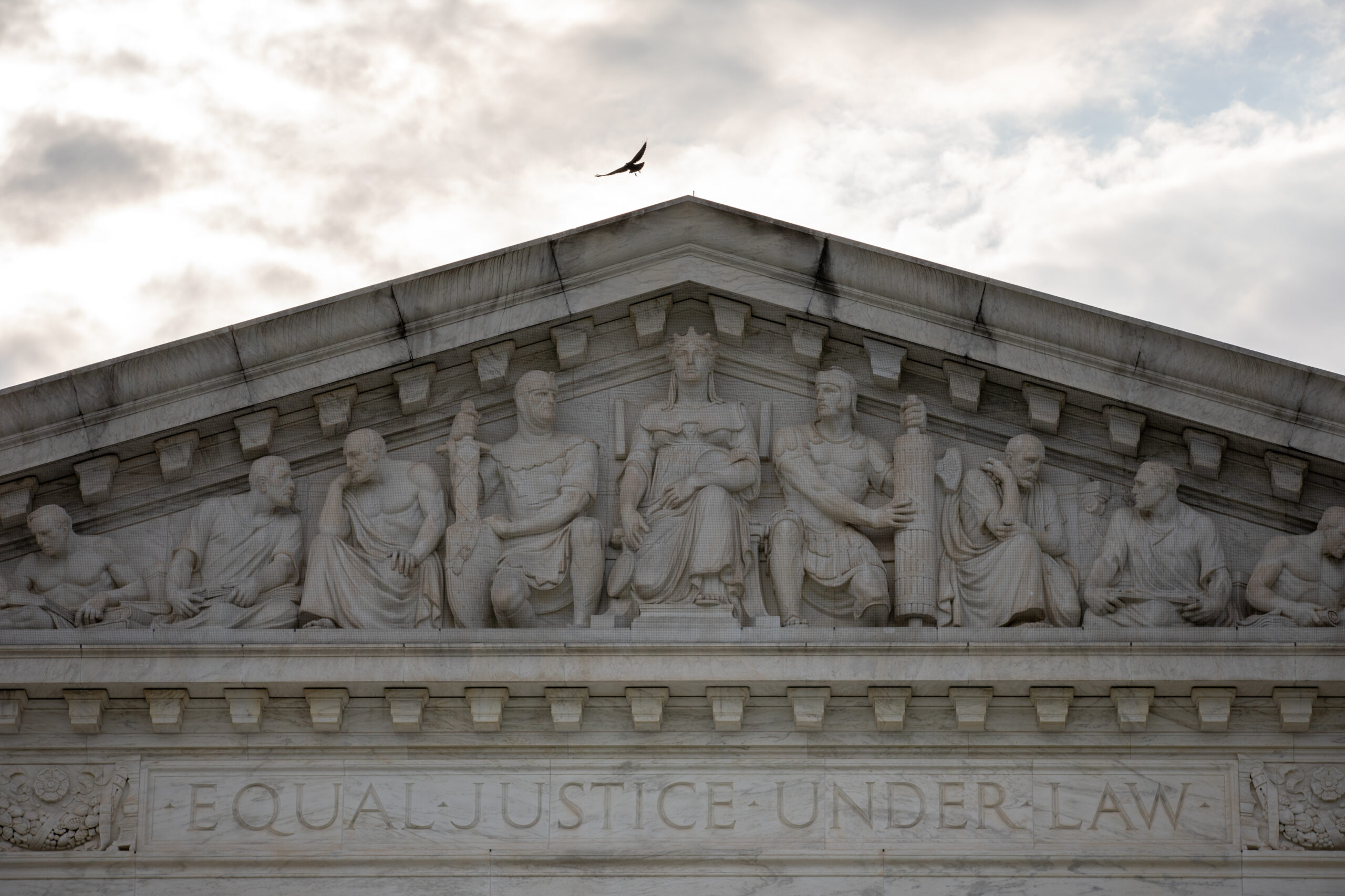
Abortion is no longer a federal constitutional right. On June 24, the United States Supreme Court overturned Roe v. Wade, which protected women’s right to abortion. States now have full autonomy to set their own laws when it comes to abortion access or restrictions.
The overturning of Roe v. Wade means almost of the states are likely to fully ban abortion or limit the procedure. Some states have trigger laws in place, making abortion illegal now that the procedure is no longer protected by the constitution.
The Guttmacher Institute, a research group focusing on reproductive health, published a map outlining the state of abortion access in the country. Here is the break down on where abortion is set to be banned now that Roe v. Wade was overturned.
In Alabama, abortions are illegal unless the procedure is “necessary in order to prevent a serious health risk to the unborn child’s mother.” The ban is going into effect on July 1, according to ABC News.
In Arizona, abortions will be banned after 15 weeks of pregnancy.
In Arkansas, abortions are illegal because of the state’s trigger law going into effect on July 1. Performing or attempting to perform an abortion will be considered a felony punishable by up to 10 years in prison and a fine up to $100,000. Exceptions are in place if the mother’s life is in danger.
In Florida, a law banning abortions after 15 weeks will go into effect on July 1.
In Idaho, abortion will be illegal 30 days after the overturning of Roe v. Wade.
In Iowa, the state’s Supreme Court reversed a law guaranteeing the right to abortion.
In Kansas, voters will decide on August 2 whether the state constitution should repeal the right to abortion.
In Kentucky, a trigger law made abortions illegal unless the mother’s health is at risk. Anyone performing or attempting to perform an abortion risks 1 to 5 years in prison.
In Louisiana, a trigger law made abortion illegal after “fertilization and implantation.” Abortion providers face 1 to 10 years in prison and fines of $10,000 to $100,000.
In Mississippi, an abortion ban will go into effect in 10 days, according to ABC News. Abortion providers face up to 10 years in prison. Abortions are legal if the mother’s life is in danger or if a woman is a victim of rape and she reported it to law enforcement.
In Missouri, abortion are fully banned under the Right to Life of the Unborn Child Act.
In Nebraska, Governor Pete Ricketts said he will push for a total abortion ban if Roe v. Wade is overturned.
In North Dakota, abortion are set to become illegal after the legislative Council approves that the ban on abortion is constitutional.
In Ohio, abortion are banned after 6 weeks of pregancy.
In Oklahoma, a trigger law will make abortion entirely illegal.
In South Dakota, a trigger law made abortions illegal as soon as Roe v. Wade was overturned. Abortions are legal if “there is appropriate and reasonable medical judgment that performance of an abortion is necessary to preserve the life of the pregnant female,” according to ABC News.
In Tennessee, a trigger law banning abortion will go into effect 30 days after Roe v. Wade is overturned. The constitution bars protection of the right to abortion.
In Texas, abortions will be illegal 30 days after Roe v. Wade is overturned.
In Utah, abortions are illegal except in cases of rape, incest and if the mother or expected child faces health risks.
In Wisconsin, a law dating back to 1849 making abortion a felony could go back into effect after the overturning of Roe v. Wade.
In Wyoming, abortions are set to become illegal after the attorney general certifies the law within 30 days of Roe v. Wade being overturned. In Georgia and West Virginia, the right to abortion could be overturned. The following states that currently don’t protect the right to abortion are the following: New Hampshire, New Mexico, North Carolina, Pennsylvania, South Carolina, Virginia and Indiana.